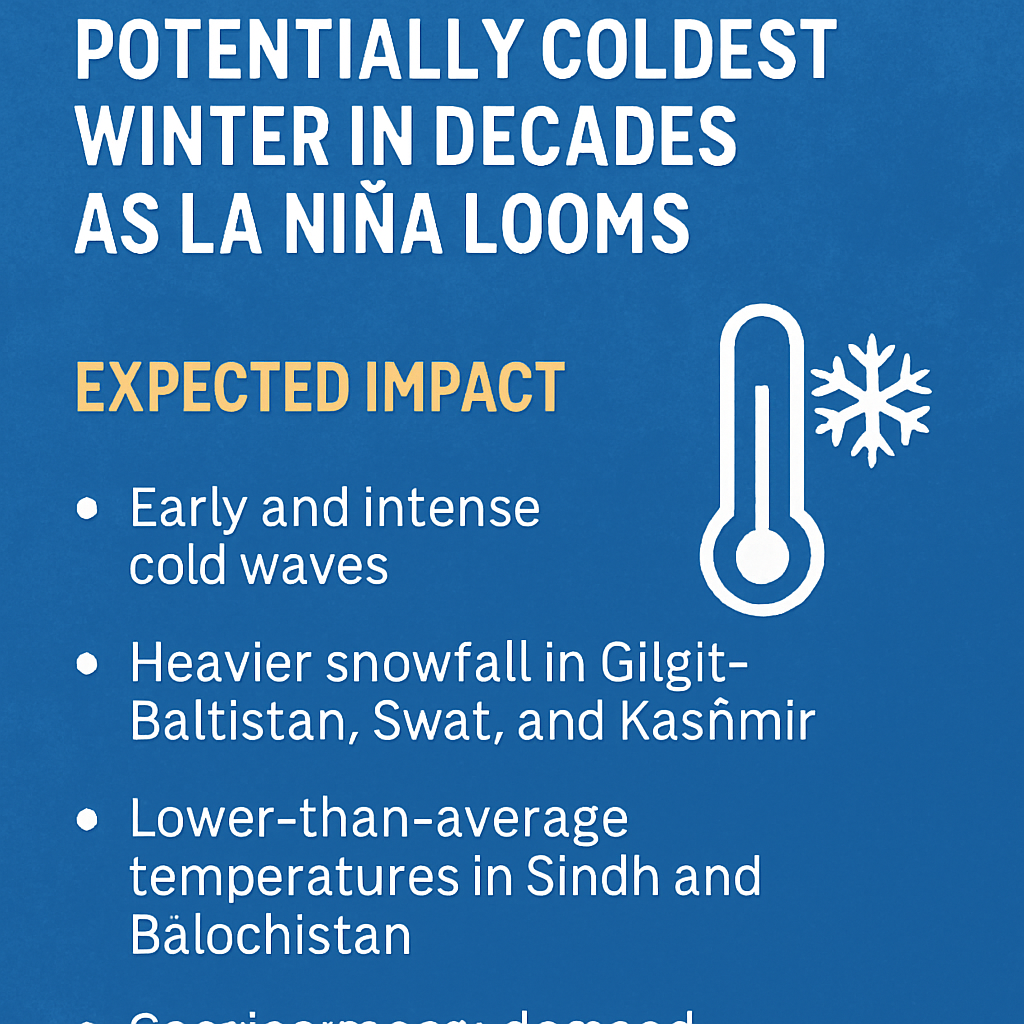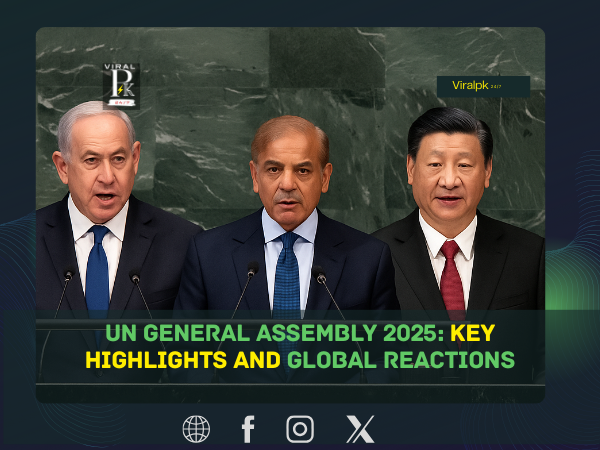Introduction
In a significant diplomatic move, the United Arab Emirates (UAE) has reportedly barred Israel from participating in its upcoming international air show, scheduled for November 2025. The decision comes in the wake of Israel’s recent airstrike on Qatar, escalating tensions in the Gulf region.
Background of the Incident
According to the Times of Israel, Emirati officials have informed Israeli defense companies that they will not be allowed to exhibit or participate in the Dubai Air Show this year.
The Qatar Airstrike
The Israeli air operation targeted Hamas leadership in Doha, claiming it was aimed at neutralizing militant threats.
- No Official Reason Stated: UAE authorities have not issued a formal explanation for the ban.
- Israeli Interpretation: Israeli officials believe the move is a direct response to Israel’s airstrike on Doha, Qatar, on September 9, 2025.
- Casualties and Outcome: According to initial reports, top Hamas leaders escaped unharmed.
- Regional Impact: The attack has heightened regional tensions and drawn international criticism, particularly from Gulf states that view the action as a violation of Qatar’s sovereignty.
UAE’s Diplomatic Response
Following the strike, the UAE took two notable steps:
- Summoning the Israeli Ambassador: Emirati officials called in the Israeli envoy to convey strong concerns and dissatisfaction over the attack.
- Excluding Israel from the Air Show: Israeli defense and aviation companies were quietly informed of their exclusion from the prestigious Dubai Air Show.
This marks one of the most direct public rebukes of Israel by the UAE since the Abraham Accords normalized relations between the two countries in 2020.
Implications for Regional Relations
The UAE’s decision carries both symbolic and practical significance:
- Diplomatic Tensions: It underscores growing unease among Gulf states regarding Israel’s military actions and their impact on regional stability.
- Defense Industry Impact: Israeli companies will miss an important opportunity to showcase defense technology and aviation advancements to global buyers.
- Message to Allies: The move signals that normalization agreements do not provide Israel carte blanche for military operations that destabilize neighboring states.
International Reactions
While global powers have yet to issue formal statements on the UAE’s action, analysts suggest:
- Pressure on Normalization: The incident may strain relations between Israel and other signatories of the Abraham Accords.
- Encouragement for Qatar: The UAE’s stance could embolden Qatar’s diplomatic efforts to rally international condemnation of the airstrike.
Future Outlook
- Potential Mediation: Observers expect back-channel diplomacy to ease tensions and possibly reinstate Israeli participation in future UAE defense events.
- Regional Security Concerns: Continued hostilities risk further destabilization of the Gulf and broader Middle East.
- Economic Impact: The air show is a key venue for billion-dollar defense contracts, making Israel’s exclusion a significant commercial setback.
Conclusion
The UAE’s decision to bar Israel from the Dubai Air Show highlights deepening regional divisions following the September 9 airstrike on Qatar. By summoning the Israeli ambassador and restricting defense industry participation, the UAE is sending a clear signal of disapproval, reflecting the fragile nature of Middle Eastern diplomatic relationships.
📌 Disclaimer
This article is for informational purposes only and is based on currently available reports as of September 2025. Details may evolve as the situation develops.
🔑 Keywords
UAE bans Israel air show, Dubai Air Show 2025 Israel, Israel Qatar airstrike September 2025, UAE-Israel diplomatic tensions, Abraham Accords strain, Middle East defense industry news, Hamas Qatar attack Israel, UAE Israel normalization challenges, Gulf regional security 2025, Israel-UAE relations latest news











